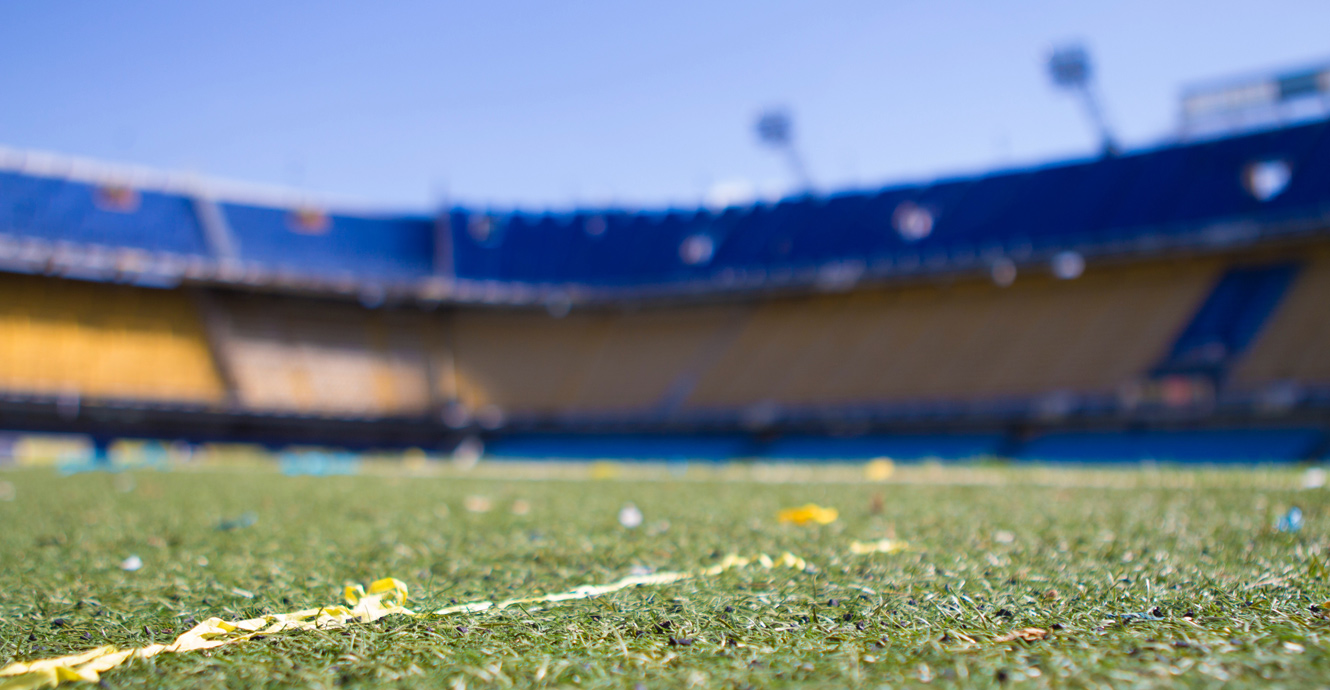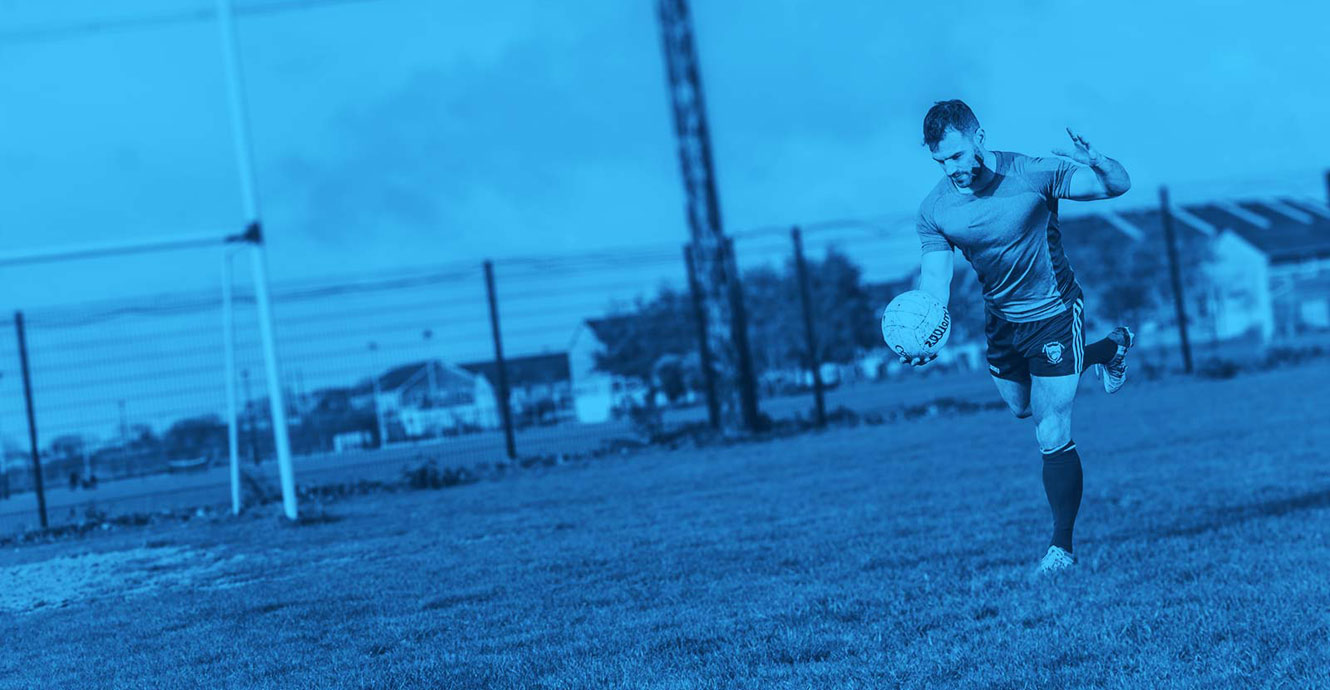We use cookies to make your experience better. To comply with the new e-Privacy directive, we need to ask for your consent to set the cookies. Learn more.
Nutrition Recommendations For GAA
Choosing the most appropriate sports nutrition supplement can be a huge asset to a GAA player during intense training and supporting performance during matches

Background
Although amateur in name, intercounty level Gaelic football and hurling players give their time and commitment to training and matches at a level comparable to professional football codes. Gaelic games athletes also possess comparable levels of physical fitness to other professional sports. Intercounty competition takes place amongst all the counties of Ireland, including representative teams based in London and New York. Below intercounty level, Gaelic games are the most popular sports in Ireland, whilst a strong tradition also prevails in places such as the UK, USA, and Australia. This article outlines the main physiological demands of GAA training and matches, along with the most relevant nutritional considerations for optimal performance in matches and training. Achieving performance goals like improved strength, power and fitness rely heavily on supplying the correct nutrients to the body, before during and after training and matches. Choosing the most appropriate sports nutrition supplement can be a huge asset to a GAA player during intense training and supporting performance during matches.
Sport-specific physiological demands
A GAA squad usually consists of about 30 players with 15 players selected on a starting team. At the highest level, training can be as frequent as five days per week involving ball-skill drills, intermittent sprinting, jogging, but also gym-based resistance exercise. Matches are generally once a week consisting of two 30-35 minute halves of high intensity. The physiological demands on a player are governed by the irregular changes of pace and anaerobic efforts that are superimposed on a backdrop of sustained light to moderate aerobic activity, with greater than 40% of match-play with heart rates between 161 and 181 beats per minute. Gaelic football and hurling are intermittent sports in which players are required to repeatedly sprint with or without a ball for distances usually between 10 and 70 m, covering up to 10000 m per game depending on position. The demands from training and matches on GAA players results in a demand for energy of about 3000 kcal per day, or greater depending on body size and activity level. Training and match activities require careful consideration for dietary practice, particularly the consumption of carbohydrate (CHO), which is important in all repeated sprint-type sports.
Nutritional considerations
Carbohydrate needs for Gaelic games
The described physiological demands of Gaelic games dictate that the main energy source during exercise will be CHO, particularly in muscle where is it stored as a molecule named glycogen. The stores of glycogen are limited and are depleted during matches and training. For this reason, it is important that GAA players pay particular attention to keeping their CHO stores topped up prior to training and matches, and replenishing their CHO stores following the same. For daily intakes, GAA players should consume 6 g CHO per kg of body mass, which is roughly a minimum of 500 g of CHO for the average GAA player of approximately 13 st (83 kg). Greater intakes are required for the 24 hour of recovery after a game or intense training session, or in the lead up to matches when trying to maximise CHO stores.
Leading up to a game
The food intake of GAA athletes 2-3 days before a match is critical to performance. This is the period of time when athletes should be maximising their energy stores and tapering (reducing the length and intensity) their training sessions. The aim should be to consume a higher than normal CHO diet at this time. Such high intakes of CHO may be difficult to achieve with solid foods, and athletes often turn to liquid sources. FUEL LOAD provides easy-to-digest CHO with low glycemic index in the form of isomaltulose, and can be used daily as a means of easily increasing daily CHO intake, or specifically to increase CHO intakes on the days preceding matches. On the day of a game, the nutrition goal should be to top-up muscle CHO stores, and ensure adequate levels of hydration. The last substantial meal a player should consume is in the 2-4 hours before the start of the warm-up. It should be low in fibre, contain a substantial amount of CHO and a moderate amount of protein. Athletes who become dehydrated during matches and training are more susceptible to injury and will fatigue quickly if appropriate hydration strategies are not implemented. Adequate fluid in the form of water, or an isotonic CHO-electrolyte solution such as CHO CHARGE should be consumed in the 2-4 hours before performance.
During matches
During matches consuming a sports drink that contains CHO sources to maintain energy levels, along with electrolytes for hydration can benefit performance. CHO CHARGE has been formulated with multiple forms of CHO in order to provide the highest rate of energy delivery to working muscle. The addition of electrolytes in precise amounts is necessary to achieve an isotonic drink when mixed to the specified concentrations. This allows for fast delivery of fuel and fluid during exercise. The aim should be to consume 2-3 mouthfuls of CHO CHARGE every 10 minutes. As recent research supports the use of caffeine to aid performance, CHO CHARGE is also available in caffeinated form for athletes wishing to explore caffeine as a performance aid.
Recovery nutrition
After training and matches your body is fatigued, dehydrated and energy stores are depleted. Consuming suitable foods immediately post-exercise is essential for recovery. GAA players will often have depleted glycogen stores, and tired muscles, so the immediate recovery meal should contain a source of fast-digesting CHO as well as a quality source of protein. Often this is best achieved by consuming a recovery shake. Recover Ace Endurance is ideal for taking within 30 minutes of a match or pitch-based training session. Recover Ace Endurance provides all the necessary nutrients required for optimum recovery, and delivers the CHO and protein in the optimal ratio to support the recovery of CHO stores. GAA players with high loads of resistance training should also consider Recover Ace Strength for recovery from gym-based training session. This product has a blend of CHO and protein more attuned to the recovery from resistance training and gaining lean muscle mass.
Protein
Protein is required for growth, development and recovery from both pitch and gym-based training. Therefore, protein is an important component of the team sport athletes' diet. All athletes have a greater requirement for protein than normal individuals due to a higher rate of protein oxidation from damage caused to the muscle fibres during intense exercise. Gaelic games players can add a healthy, high quality source of protein to their diet using Blue Label Whey or Target Whey Protein. Blue Label Whey and Target Whey Protein contain added branched chain amino acids (BCAAs) and glutamine, which are essential to speeding recovery between training and matches. There is emerging evidence that protein supplementation, particularly essential amino acids (EAAs) and BCAAs consumed during and after high intensity exercise can reduce the feelings of fatigue, and promote muscle growth and adaptation after exercise. The type, timing and amount of protein can be manipulated to enhance the adaptive response to training. Using isolated amino acids such as ISO BCAA, is appropriate. RecoverAce Strength is a source of both quality protein and isolated amino acids, with the added benefit of containing a source of CHO.
For more nutrition, training and sports articles, please visit our Nutrition Centre.
ROS Recommends
| Goal | Why? | ROS product |
| NUTRITION STRATEGIES IN TRAINING AND RECOVERY | ||
| CHO loading | Maximise muscle glycogen stores that are critical for performance | RecoverAce Endurance |
| NUTRITION DURING A MATCH | ||
| CHO and fluid supply during exercise | Offset dehydration and muscle glycogen depletion, key factors contributing to fatigue | CHO CHARGE Decaffeinated | POST-MATCH NUTRITION & RECOVERY |
| Recovery product | Restore fuel stores and support optimum muscle recovery | RecoverAce Endurance RecoverAce Strength Omniflex |
| NUTRITION TO SUPPORT TRAINING GOALS | ||
| Quality protein intake | Essential for maintenance of optimum body composition | Blue Label Whey Target Whey Protein Calcium Caseinate |
| Multivitamins and minerals | Ensure adequate intake of essential micro nutrients | Accovit Performance - Men Accovit Performance - Women |


